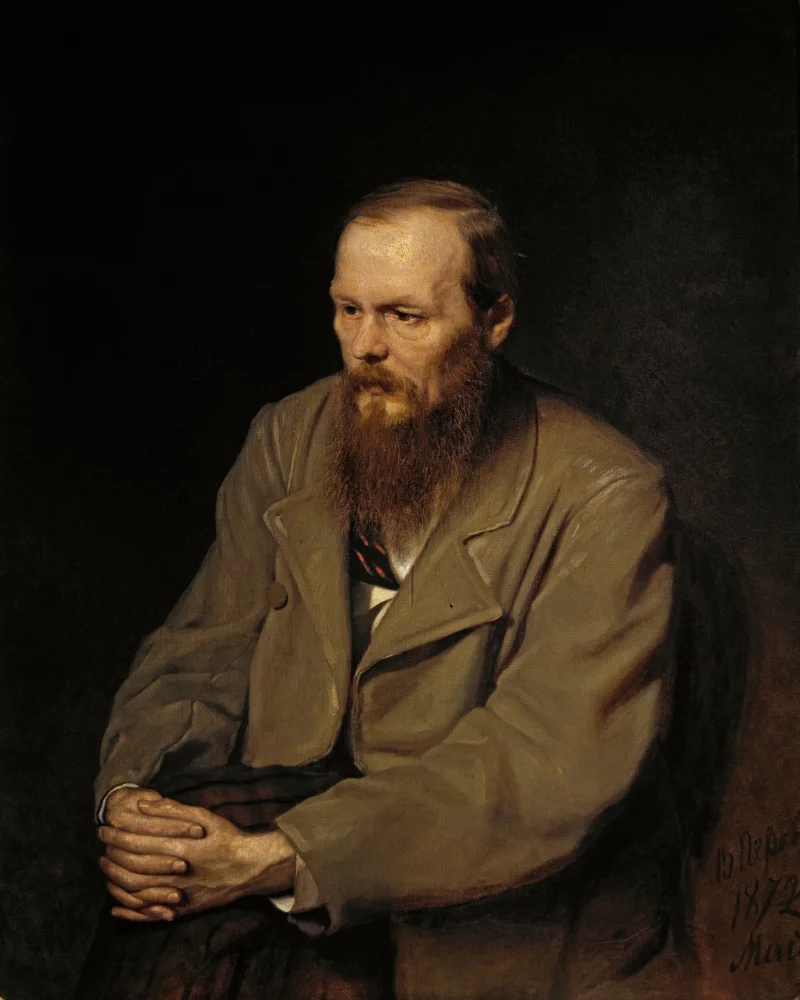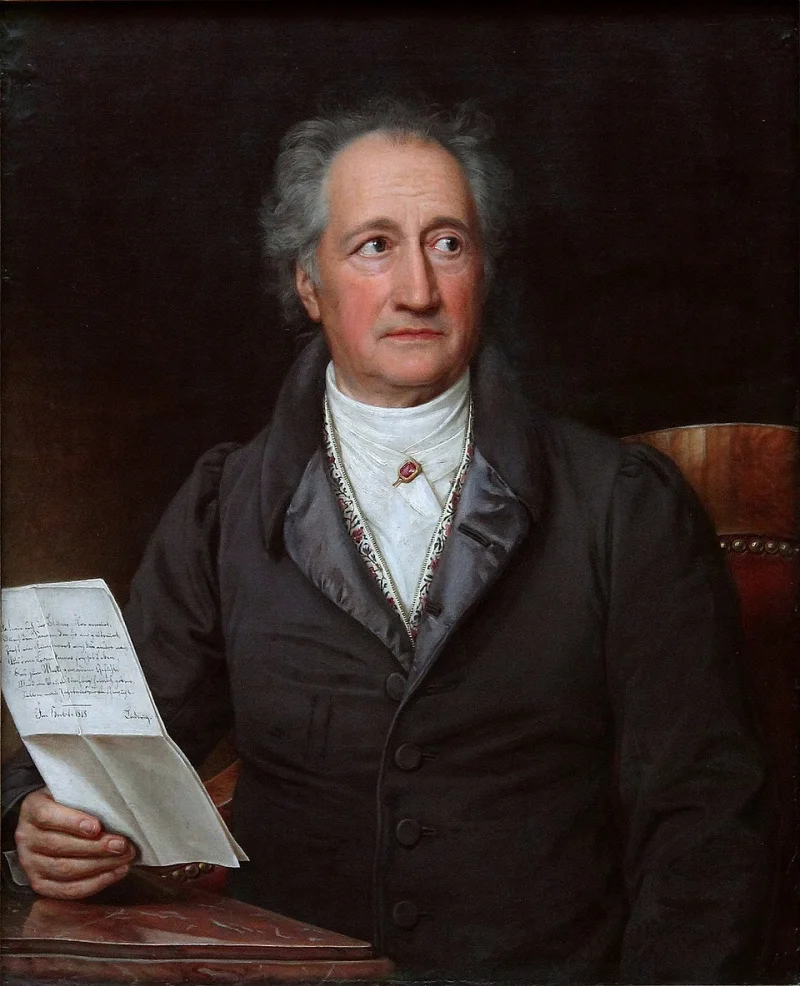Short Summary
Fyodor Dostoevsky was a renowned Russian novelist, short story writer, essayist, and philosopher. He is celebrated for his deep psychological insight into human nature and exploration of existential themes. His most famous works, such as "Crime and Punishment" and "The Brothers Karamazov," have cemented his status as one of the greatest literary figures of the 19th century. His writings have influenced countless authors and philosophers, contributing significantly to both literature and philosophical thought.
Early Life & Education
Fyodor Dostoevsky was born on November 11, 1821, in Moscow, Russia, to a family of modest means. His father was a doctor at the Mariinsky Hospital for the poor, which exposed Dostoevsky to the harsh realities of life from a young age. His mother, who passed away when he was 15, provided a nurturing influence. Dostoevsky's education began at home, where he developed an early love for literature. He later attended the Nikolayev Military Engineering Institute in Saint Petersburg, but his passion for writing soon took precedence over his engineering studies.
Career Highlights
After completing his education, Dostoevsky began his literary career with the publication of "Poor Folk" in 1846, which garnered critical acclaim. However, his involvement in a politically radical group led to his arrest and subsequent exile to Siberia in 1849. This experience profoundly affected his worldview and writing. Upon his return to Saint Petersburg, he resumed his literary career, producing masterpieces such as "Crime and Punishment," "The Idiot," and "Demons." These works are noted for their exploration of morality, free will, and the human psyche.
Major Achievements
- - "Crime and Punishment": A novel that delves into the psychological torment of a young man who commits murder.
- - "The Brothers Karamazov": A philosophical novel exploring themes of faith, doubt, and free will.
- - Contribution to existentialist thought: His works have influenced existentialism and psychoanalysis.
- - Founding the literary journal "Vremya": An important platform for his writings and ideas.
Famous Quotes
- "The soul is healed by being with children."
- "To live without hope is to cease to live."
- "Man is what he believes."
Interesting Facts
- He was sentenced to death but was pardoned moments before execution.
- Dostoevsky struggled with epilepsy throughout his life.
- His work inspired influential thinkers such as Friedrich Nietzsche and Sigmund Freud.
- He was a compulsive gambler, which often led to financial difficulties.
- His second marriage to Anna Snitkina was a source of stability and support.
Legacy / Influence
Dostoevsky's exploration of human psychology and existential themes has left a lasting impact on literature and philosophy. His works continue to be studied and admired for their depth and insight. He has influenced numerous writers, including Albert Camus, Franz Kafka, and James Joyce, and his ideas have permeated philosophical discussions, cementing his place as a seminal figure in both literature and philosophy.
FAQ
Q: Why is Fyodor Dostoevsky famous?
A: He is famous for his profound novels that explore human psychology and existential themes.
Q: What is one of Dostoevsky's most famous novels?
A: "Crime and Punishment" is one of his most famous novels.
Q: Did Dostoevsky face any hardships in life?
A: Yes, he faced imprisonment in Siberia and struggled with epilepsy and financial issues.
Q: What themes did Dostoevsky explore in his works?
A: He explored themes such as morality, free will, faith, and the human psyche.









